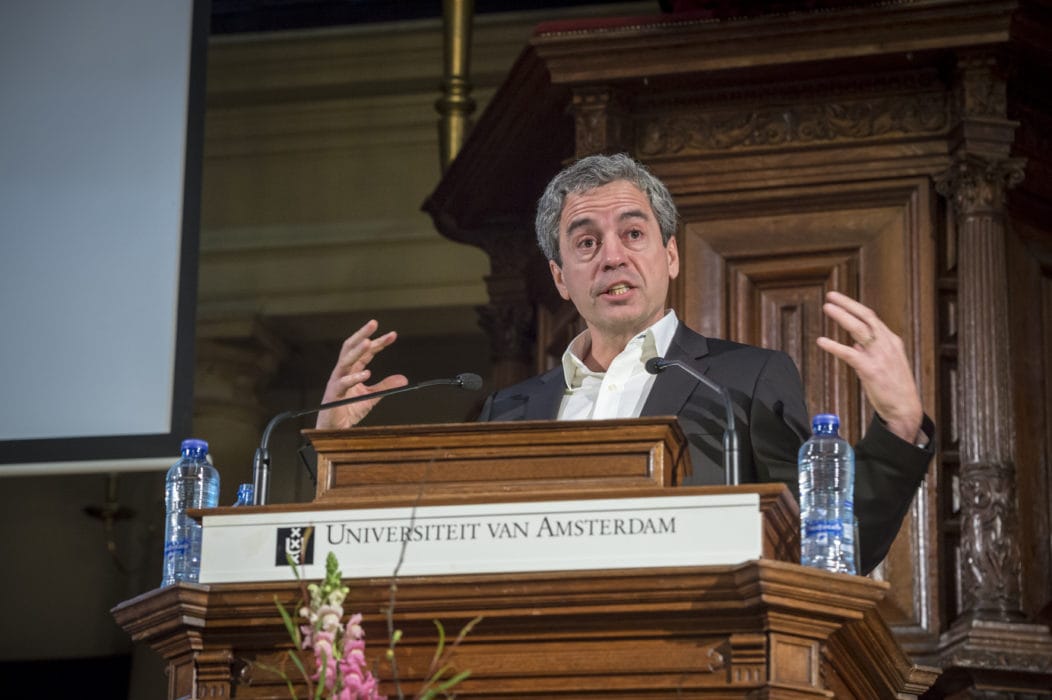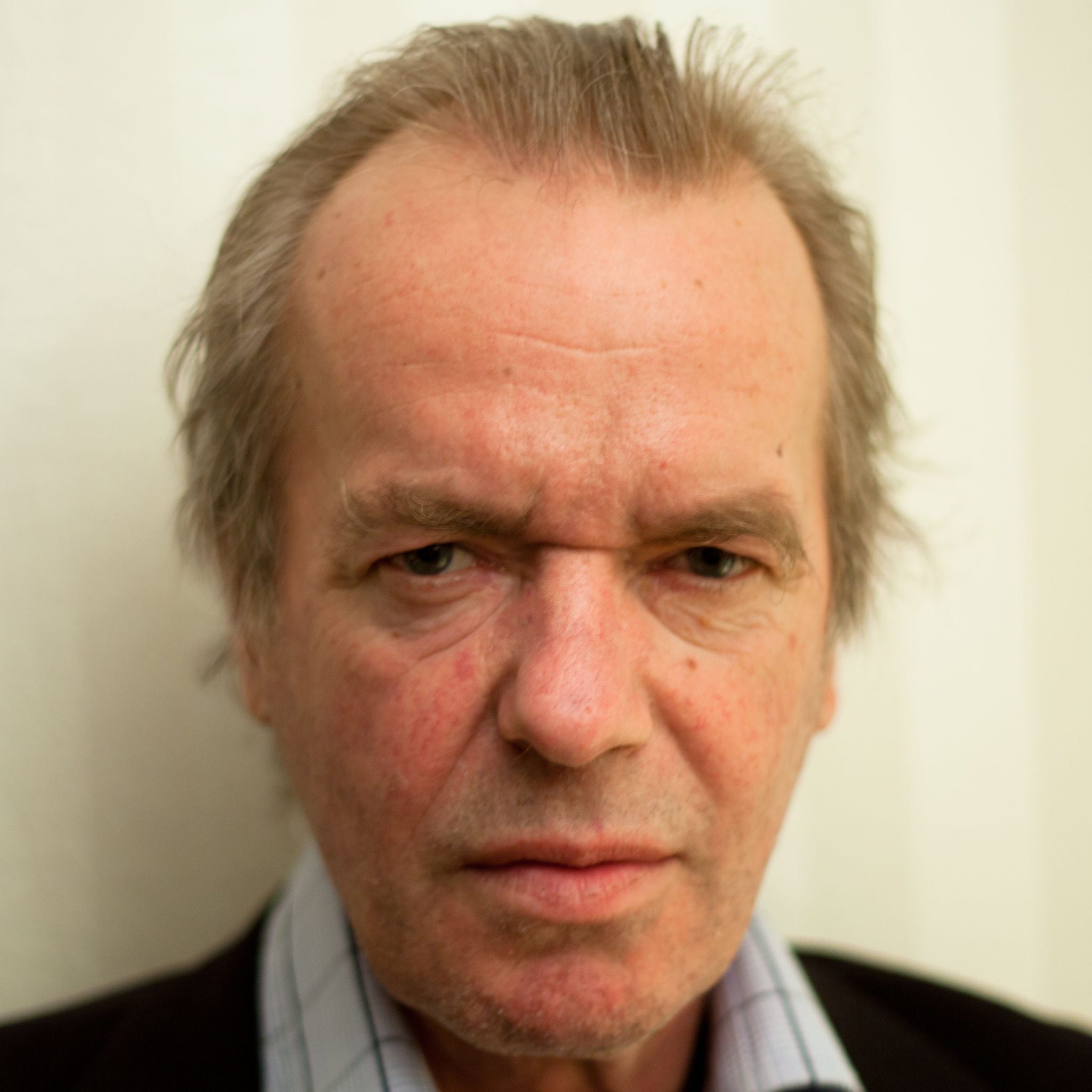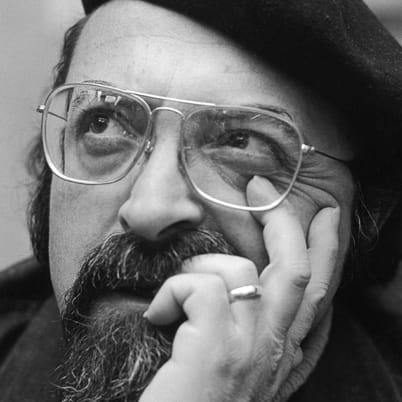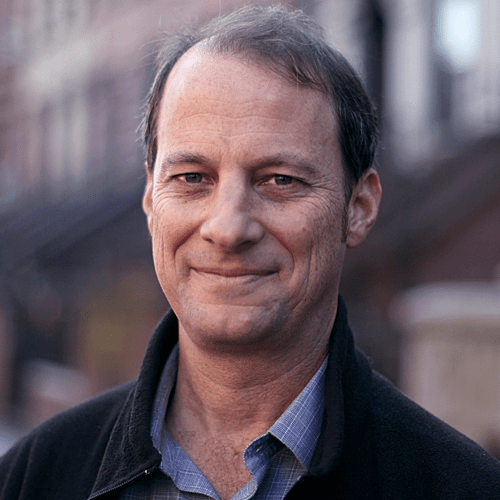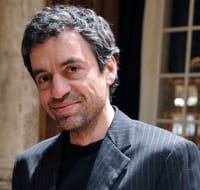 Amsterdam could stake a claim to being the birthplace of the modern world. That, in essence, is what Russell Shorto argues in Amsterdam: A History of the World’s Most Liberal City. His book weaves together the lives of Amsterdammers past and present, from Rembrandt to Anne Frank to Theo van Gogh, and teases apart the many meanings of “liberal.”
Amsterdam could stake a claim to being the birthplace of the modern world. That, in essence, is what Russell Shorto argues in Amsterdam: A History of the World’s Most Liberal City. His book weaves together the lives of Amsterdammers past and present, from Rembrandt to Anne Frank to Theo van Gogh, and teases apart the many meanings of “liberal.”
Why did Amsterdam fashion the world’s first stock market? Why was it not only a hotbed of 1960s countercultural activity but also, after the Reformation, a hotbed of similar countercultural activity in the early 1500s? What is left of its liberal heritage today?

